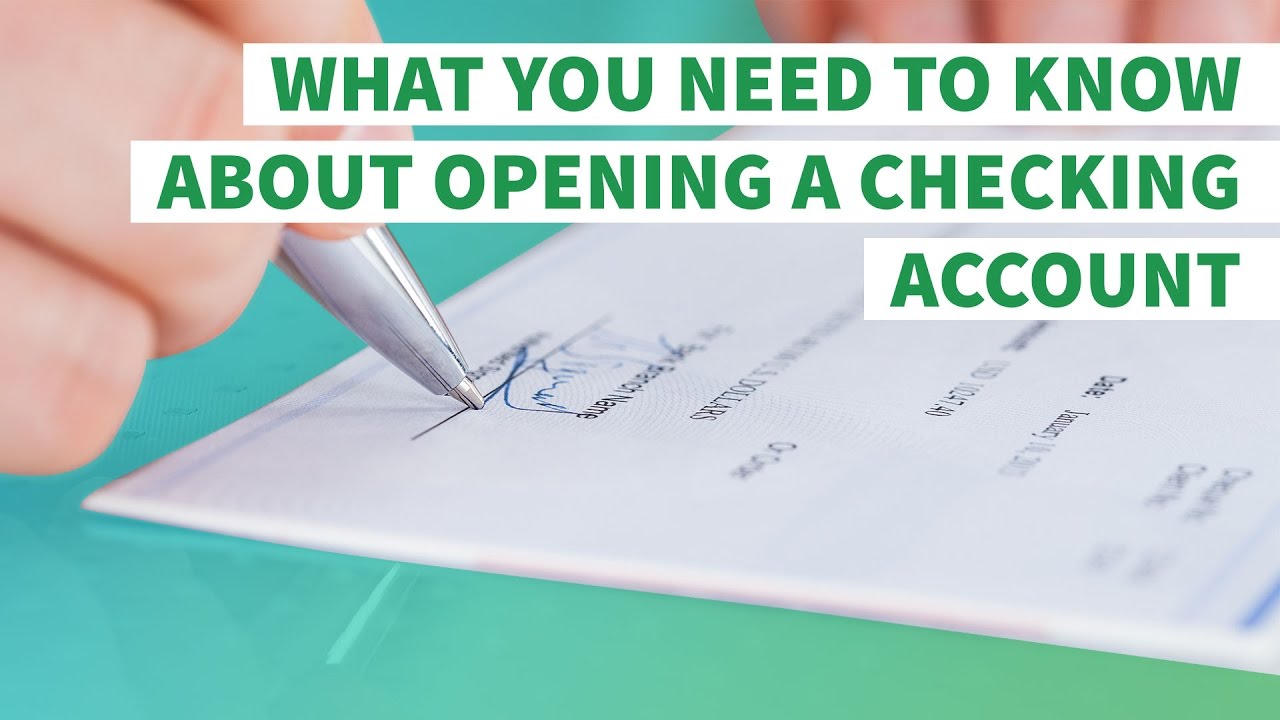Financial responsibility is no longer as simple as saving as much money as you can—to be truly financially responsible, you must know how to organize your expenses for every need. Learn about different ways to optimize your finances for a life free of debt, worries, and stress!
Life and Debt
According to CNBC, the average American has $90,460 in debt, including credit cards, personal loans, student debt, and many more. Even though everyone has debt, that doesn’t mean you have to worry about it too.
Living with debt is like having an annoying roommate that spoils every good thing, creates problems, and causes stress—but you can never kick them out. If you want to drive debt away from your life, you need to do things differently and practice financial responsibility!
Financial Responsibility
Saving money is great, and putting them in the bank is good too, but to be financially responsible, you will need to plan out your expenses and create financial goals.
Your short-term, mid-term, and long-term financial goals help put things in perspective and serve as your motivation to be strict with your money. Once you have your goals, you should categorize your finances.
No, having separate bank accounts isn’t for collecting all of the cards—this helps you manage your spending and achieve your financial goals more efficiently!
Using a Checking Account
Of course, even if you try your hardest not to spend anything at all, there will always be things you need to pay for, like gas, food, grocery, and bills. You can’t withdraw money from your savings account to pay for these—what would a piggy bank be for if you keep breaking it?
Instead of withdrawing everything for your every need from your savings account, then set up a checking account to handle such needs. Checking accounts are used for spending; if you need some cash to buy milk, you get it from there. You generally don’t earn interest when you store your money there—all the money from this account is meant to be spent on your everyday necessities.
Can You Use a Savings Account as a Checking Account?
On the other hand, a savings account is meant for—you guessed it—saving. However, some don’t pay attention to that word and just think of a savings account as something to store your money in, so you can conveniently spend it whenever you need to. Remember, do not treat your savings account as a checking account!
A savings account is a longer-term investment where you keep money that you don’t plan to spend for now. You can use the money you’ve saved here for emergencies or help you reach your financial goals. Unlike a checking account, some banks only allow you to withdraw a few times. Your savings account also earns interest, helping you grow your money faster.
Should You Go to a Credit Union or Bank?
When deciding between a credit union in Lancaster or a large, reputable bank, carefully consider what better fits your needs.
Credit Unions are not-for-profit organizations and are owned by their members. They usually have lower fees and better interest rates on accounts and savings—but they tend to be behind when it comes to new technology.
Although this is true, some credit unions are catching up to banks, like us here at Good Neighbors Credit Union. Our members can make transactions online, whether you’re from their Buffalo credit union branch or Lancaster!
Unlike credit unions, banks operate as for-profit institutions. Banks tend to have higher fees, stricter rules, and less flexibility—which may affect their customer service. However, depending on where you live, banks are more accessible, with more branches and better technology.
Conclusion
Not everybody has the discipline and commitment to be financially responsible, but if you want to live a happy life that’s free of debt, separate your savings from your expenses—create a checking account! Whether it be at a credit union or a bank, ensure that your checking account will be kept secured and easy to access. Keep in mind that getting a checking account is only the beginning to achieve financial happiness—the rest is up to you.
Create your checking account with Good Neighbors Credit Union! We embrace our responsibility to serve a diverse membership—from underserved individuals looking to build a financial foundation to those with stronger means seeking a high-quality, accessible, stress-free banking alternative. We expertly deliver a range of products, services, tools, and resources that empowers our members to manage their finances, and inspires them to leverage their fullest potential. Visit our website to learn more about our services!

